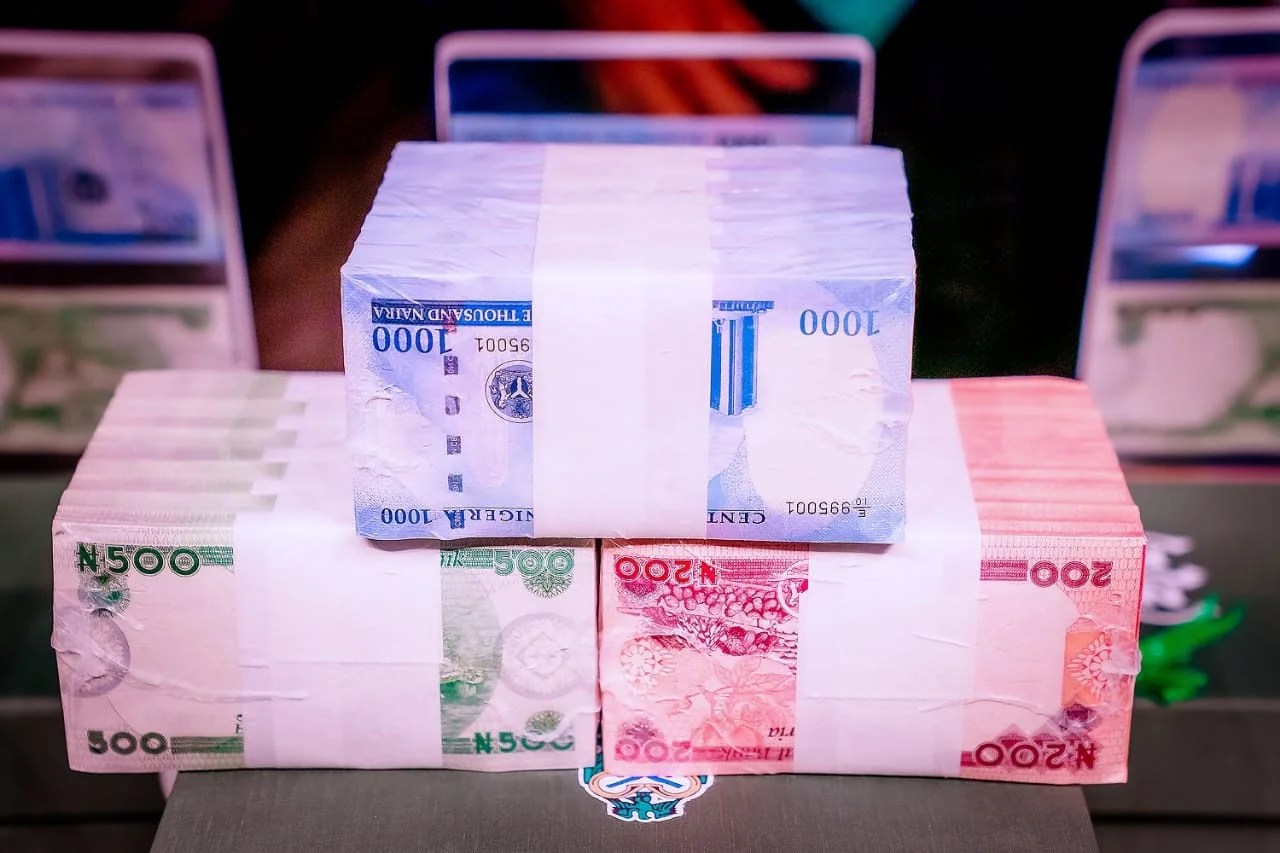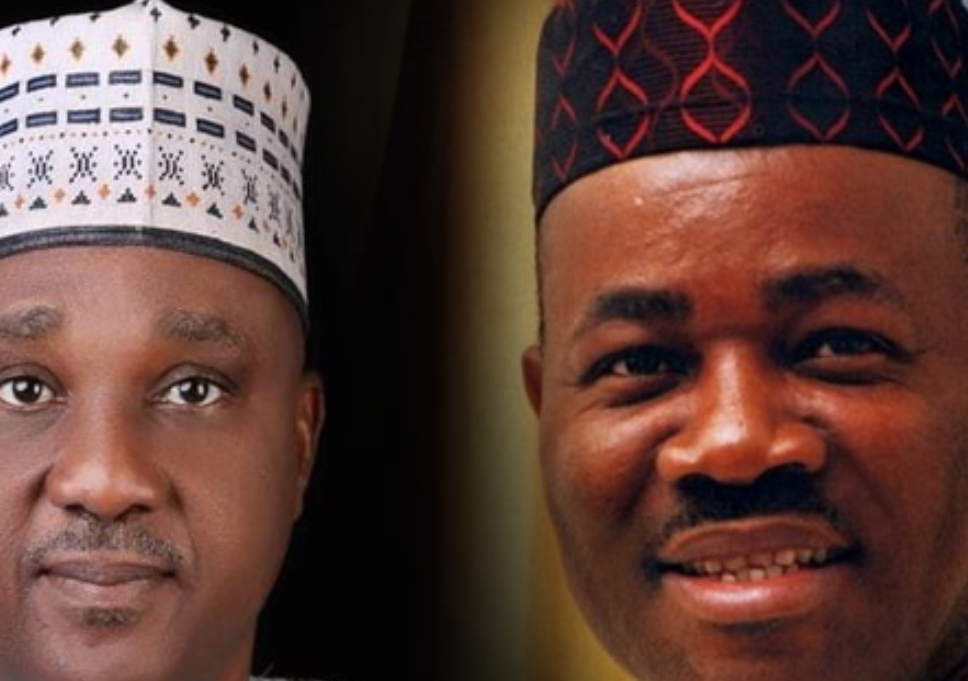Across the country, Nigerians are living in uncertain times regarding their money, both the cash at hand and the one they have saved in the banks as the Central Bank Governor, Godwin Emefiele insists that the January 31st deadline for the usage of old currency notes remains sacrosanct.
“As things stand, the N200 denomination is scarce. We rely a lot on N200 notes, but we don’t have it. I still have lots of N200 in my box,” Dolapo Michael, a trader in Yaba area in Lagos State, told DAILY POST.
Mrs Michael’s predicament is not in isolation as many Nigerians are faced with uncertainty over the latest policy by the CBN. While the apex bank insisted that the policy is targeted at mopping up cash into the banking sector, however, it has become a political issue.
Bola Tinubu, the presidential candidate of the All Progressives Congress (APC) at the party’s campaign rally in Abeokuta, the Ogun State capital, alleged that the policy was targeted at him.
The two chambers of the National Assembly also asked the CBN to as a matter of urgency extend the period by 6 months; however, the CBN boss insisted that there shall be no extension.
Even the threat of a warrant of arrest has not swayed the CBN boss as he shunned the invitation of the House on two occasions.
The lawmakers are insisting that section 20 of the CBN Act mandates commercial banks to continue to accept the old notes even after the expiration of the deadline.
“The House is also aware that Section 20 (3) Central Bank of Nigeria (CBN) Act mandates the CBN to redeem the face value of the recalled currency upon demand, even after the expiration of the notice of recall. Notwithstanding the deadline imposed by the Central Bank of Nigeria(CBN), this House will see to it that this provision of the law is honoured in full,” Femi Gbajabiamila, the Speaker of the House said on Thursday.
However, banks have insisted that they will comply with the directive of the CBN on the subject matter.
On Friday, First Bank announced that it will no longer accept the old notes by 1st of February, therefore, urging its customers to take advantage of the weekend to deposit their old currency.
“This is to notify the general public that all our branches will be open on Saturday and Sunday just to receive cash.
“All old Naira notes of series 200, 500, and 1000 will cease to be in use from the 31st of January,” he said.
On Thursday, during a meeting between the banks and the committee of the House, bankers acknowledged that the new notes are not sufficient to meet the demand of Nigerians.
The representative of Sterling Bank, Orlando Umoren informed the lawmakers that the CBN rationed the money to different banks, but it was not sufficient to meet their needs.
He stated that Sterling Bank gets N150 million weekly for its branches in Kaduna, while N100m is shared among all its branches in Kano metropolis.
Also, the representative of Access Bank, Hadiza Ambuza said the bank is only able to disburse 10% of the total money it collects from customers.
“We are paying as much as we get. We are collecting the money and loading it at the ATM as quickly as we get it. Unfortunately, we are not getting them quickly. We have gotten about 10 percent of the total money. That is a challenge that we have. We are doing the best we can up until the deadline,” she said.
Despite the low circulation, the banks are following the directive of the CBN on the deadline.
The House of Representatives has insisted it will suspend its planned recess to address the issue and is willing to issue a warrant of arrest on Emefiele and speak with President Muhammadu Buhari.
Hakeem Liadi, a resident of Isanlu, in Kogi State, told DAILY POST that due to activities of armed robbers along the Kabba-Ilorin road, most banks have shut down and they rely on POS.
“In some instances, POS operators now charge as much as N100 on every N1,000 for Nigerians to get new notes,” Leadi said, adding that “We use POS for our transactions, it is like our own bank. With the rush, POS are also struggling to get the new notes. So, when they charge extra, we cannot complain.”
Lekan Olaleye, an economist, who spoke to DAILY POST, said the policy may be conceived with good intentions, however, the implementation may cause a significant impact on the economy.
“The CBN must understand that Nigeria is far from a cashless economy. Perhaps, they are overestimating data from POS terminals. As it stands, POS in Nigeria are for withdrawal of money not payment for goods. This economy still relies heavily on cash.
“By Monday, most commercial drivers may not want to accept the old note in fear of the deadline, but from findings, the new money is not circulating well enough. The CBN should have used the POS agents to speed up the circulation,” he noted.
When Mr Olaleye was asked about the intent of the CBN to curb kidnapping and vote buying by politicians, he said the mischief the bank seeks to curb may create a bigger problem.
Poison is not the cure for cancer. Can the banks cope with the demand for money on February 1st? Apart from that, a large percentage of daily transactions still involves cash,” he said.
(CDA NEWS)
Follow us for breaking News, Read, Like, and Share our Content





